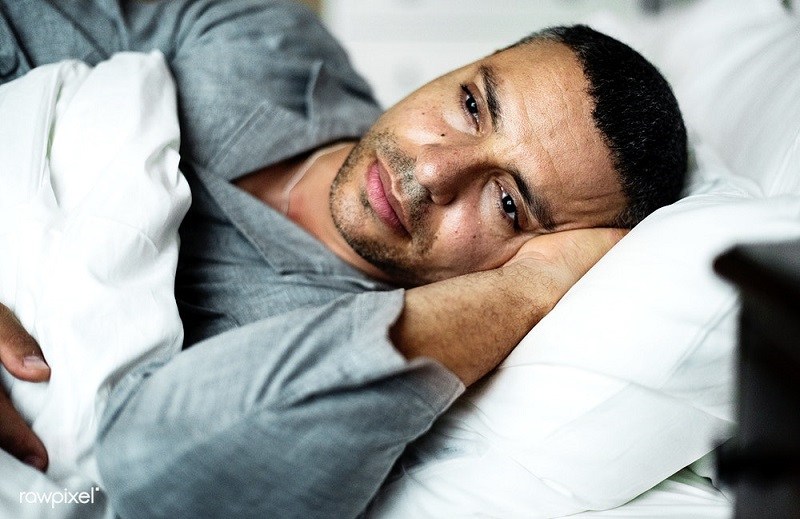Maintaining healthy habits that allow us to maintain quality sleep in a context of high uncertainty and emotional demand is a challenge, which is undoubtedly hampered by the concerns and situations we are facing these days, unprecedented situations that activate in us various ways of reacting and that impact our way of sleeping. On the other hand, insomnia, or persistent sleep problems (difficulty in falling asleep, frequent awakenings with difficulty returning to sleep, or a feeling of waking up unrested). These sleep disturbances can occur in approximately 30% of adults and they may present as part of other undiagnosed disorders. Although there are pharmacological treatments frequently used to achieve rest, they often present the risk of adverse effects if they are used in the long term or if they are abruptly suspended, prolonging the difficulties over time. Therefore, each prescription should be done individually and monitored by a Mental Health professional.
On the other hand, there are a series of measures known as sleep hygiene that promote better sleep, which would be beneficial to implement regardless of whether there is a pharmacological prescription or not.
Some of ithem are:
1.- Keep a daily routine with defined schedules for rest and activity. Going to bed and getting up at roughly the same times, even on weekends or days when being at home does not seem to make it necessary! Even after a restless night, it is important not to avoid activities during the day because you do not feel enough energy. That is key.
2.- Go to bed with the intention of sleeping and with your mind set to it. Avoid spending too much time in bed doing other activities. If that is the case and you fail to feel sleepy, it is better to get up and try some strategy that allows you to relax in order to try to sleep again.
3.- Avoid stimulants of all kinds, such as coffee and nicotine, which hinder the sleep process; alcohol (although it is believed to be relaxing, it actually alters the quality of sleep); lastly, screens such as cell phones or television further slowdown the predisposition to sleep.
4.- Use the bed only to sleep and for intimacy. Behaviorally our body relates that space to rest. If we also make sure our room is a quiet, cozy place, with few distractions, the right noise level and temperature, all the better!
5.- It is not recommended to take daytime naps. If you feel very sleepy after lunch, the solution proposed is to reduce the size of the meals, not resort to napping! If you still feel a strong need to take a nap, make sure it lasts less than an hour and it happens before 3 in the afternoon.
6.- Carry out activities before going to bed that predispose us to relaxation and rest. Which ones? For some it will be relaxation exercises (breathing, stretching, music), a caffeine free tea, a warm bath, dim light, pleasant aromas, etc.
7.- Do not check the time! Although checking the time is automatic, we recommended you do not do it due to the cognitive component. If we add the pressure of having to be sleeping for this or that reason, or we allow negative and judgmental thoughts to enter our consciousness, they will paradoxically activate our alert system and remove the possibility of relaxation necessary to achieve sleep . This becomes relevant as a perpetuator of sleep disorders.
8.- If you tend to exert control in your life, try using a 2-week transitory sleep monitor, which can identify the personal factors that favor and make it difficult to get a good rest. Identify thought patterns such as unrealistic expectations or black and white thinking, overgeneralization, selective attention, and other thought patterns that prevents you from achieve relaxation.
9.- Exercising regularly helps improve sleep quality, and so many other things! However, it is not recommended that you practice strenuous exercise near bedtime, as it may also interfere with your sleep.
10.- Eating properly and at the appropriate times helps balance our well-being. Distributing the most abundant meals towards earlier times and leaving small snacks before bed, a glass of milk, etc.
Bad sleep has repercussions on mood, concentration, memory, and performance. But it may not be the only cause, which is why if, despite implementing these measures, the difficulty in achieving good sleep persists, the recommendation is to consult a mental health professional who is qualified to conduct a study of your condition and implement proper management.


